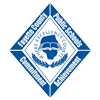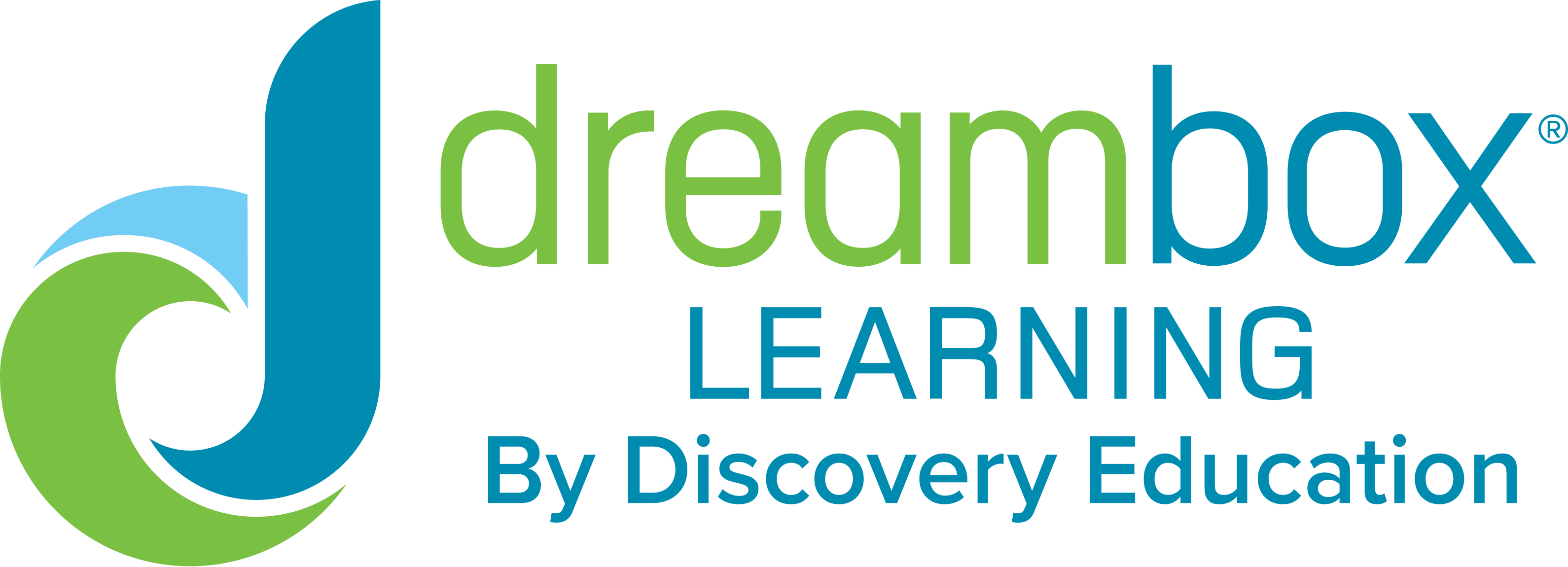
Fast Facts
- District serves 24 schools in 5 communities
- Grades: K–12
- Enrollment: 20,050 (Aug 2017)
- Free/Reduced-Price Lunch (FRL): 26%
- Students with Disability (SWD): 9%
- English Language Learners (ELLs): 5%
DreamBox Implementation
- Small Group Instruction
- District-wide in K–5
We were looking for a digital program that promoted a deeper conceptual understanding of math. DreamBox was the only one we felt represented the thinking that we wanted our kids to have: it worked well to identify prerequisite skills and to truly individualize learning and processes while providing exposure to standards.

Josh Noland
Instructional Support Specialist
Challenge
Ensuring all students meet rigorous standards
The Fayette County Public School (FCPS) system, located in Fayette County, Georgia, comprises twenty-four schools in five communities, including fourteen elementary and five middle schools. Several years ago, the district began implementing the Georgia Standards of Excellence (GSE), which include a new statewide math curriculum that places greater emphasis on problem solving, reasoning, representation, connections, and communication.
To effectively meet the rigorous requirements of GSE, the district emphasized an instructional approach and new tools to support this effort. FCPS leadership supported an effort to make small group instruction a key teaching strategy districtwide—and they chose DreamBox to support the approach and round out their tech rotation.
Mark Henderson, instructional coordinator of mathematics, explains the impetus to shift focus from larger classroom instruction to smaller groups is the most practical way to connect with students at all levels, “Standing and delivering a lecture to a room full of second graders is far less impactful than working one-on-one with kids and with small groups.”
Henderson credits elementary instructional support teacher Josh Noland with helping Fayette County K-5 math educators adopt a fresh mindset and successfully implementing such teaching practice centered around small group instruction. Noland was part of the team that initially identified DreamBox as a support tool, piloted the system in three elementary schools, and then subsequently helped implement DreamBox districtwide.
“We were looking for a digital program that promoted a deeper conceptual understanding of math,” explains Noland. “DreamBox was the only one we felt represented the thinking that we wanted our kids to have: it worked well to identify prerequisite skills and to truly individualize learning and processes while providing exposure to standards.”
Solution
Using DreamBox to support students at all levels of academic readiness
Once FCPS staff selected DreamBox, they began rolling it out in three pilot locations. In Fayette County, most of the elementary schools serve affluent communities with high-performing students, yet there is still a very diverse student population. With this in mind, FCPS leadership made a conscious decision to test DreamBox in varied settings to see how the technology might prove most useful.
For the first nine weeks, Noland visited the three pilot schools regularly and walked teachers through the basics of what DreamBox is and how it works. He showed them how to log on, what to expect, and how they could promote effective use of DreamBox within their community. Over the course of the second nine weeks, he dove into the Insights Dashboard, showing teachers how they could monitor data, track student progress, and leverage the Assignments feature, which enables teachers to easily create focused assignments using real-time proficiency data about each student.
To their delight, teachers with disparate needs found that DreamBox was equally effective at both acceleration and remediation. With DreamBox, high achieving students gained a different access point for content at and above grade level, something families and schools continually seek. Students with learning challenges, those served through MTSS/RTI, EL and students with disabilities, were able to receive the individualized instruction on the foundational concepts they needed, along with appropriate practice for mastery.
Results
Growth doubles on Star Math® Assessment
After a successful pilot, Noland spearheaded the full-on implementation of DreamBox in all fourteen Fayette County elementary schools. The district currently uses Star Math for screening, progress monitoring, and diagnostic assessment of general math achievement—and Star validates the results they’re seeing from DreamBox. The scaled score growth from Fall 2016 to Spring 2017 of students in Grades 1–7 who completed at least five DreamBox lessons per week was 97 percent higher than the STAR growth of student who didn’t use DreamBox. Noland says, “DreamBox is having a positive impact in the two areas where we had problems: exposing high-performing students to advanced topics and providing struggling students with the targeted support they need to catch up.” Furthermore, approximately 80 percent of Fayette County’s K–5 math teachers are now fully and consistently on board with small group instruction and DreamBox. Most educators confidently engage in routine, small group models using DreamBox as a key part of their rotation.










